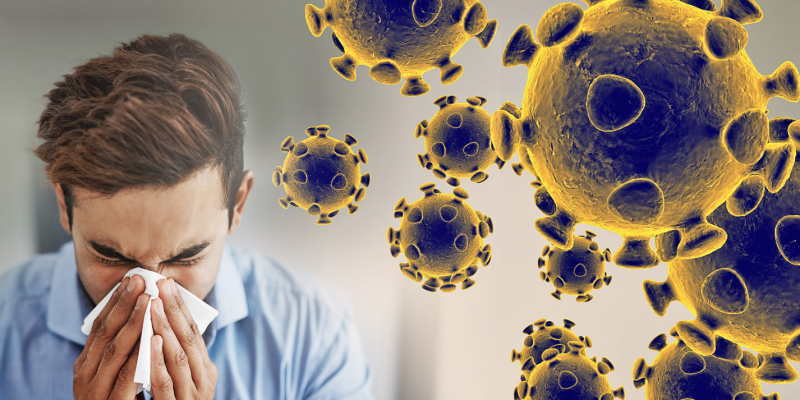An analysis by the New England Journal of Medicine identified ways in which the novel coronavirus that causes COVID-19 contaminates various surfaces and materials and for varying lengths of time.
The research was conducted with the support of the Intramural Research Program of the National Institute of Allergy and Infectious Diseases, National Institutes of Health, and by contracts from the Defense Advanced Research Projects Agency. The findings and conclusions in their published letter only represents the authors and do not necessarily represent the official position of the Centers for Disease Control and Prevention, the authors state.
Doctors and scientists analyzed the aerosol and surface stability of SARS-CoV-2 and compared it with SARS-CoV-1, the most closely related human coronavirus.
The data consisted of 10 experimental conditions involving two viruses (SARS-CoV-2 and SARS-CoV-1) in five environmental conditions (aerosols, plastic, stainless steel, copper, and cardboard).
They discovered that the coronavirus remains contagious for up to three hours in aerosols, up to four hours on copper surfaces, up to 24 hours on cardboard, and nearly three days on plastic and stainless steel materials.
“We found that the stability of SARS-CoV-2 was similar to that of SARS-CoV-1 under the experimental circumstances tested,” they concluded.
“This virus is quite transmissible through relatively casual contact, making this pathogen very hard to contain,” James Lloyd-Smith, co-author of the study and a UCLA professor of ecology and evolutionary biology, said in a UCLA news release. “If you’re touching items that someone else has recently handled, be aware they could be contaminated and wash your hands.”
Lloyd-Smith argues that the biology and epidemiology of the virus make it extremely difficult to detect any infection in its early stages because the majority of cases show no symptoms for five days or longer after exposure.
“Many people won’t have developed symptoms yet,” Lloyd-Smith said. “Based on our earlier analysis of flu pandemic data, many people may not choose to disclose if they do know.”
Lloyd-Smith suggests several common sense actions to take to slow the spread of COVID-19: avoid close contact with people who are sick; avoid touching your eyes, nose and mouth; stay home when you are sick; cover coughs or sneezes with a tissue, and dispose of the tissue in the trash; clean and disinfect frequently touched objects and surfaces using a household cleaning spray or wipe.
This article was first published by The Center Square.
Advertisement
Advertisement

